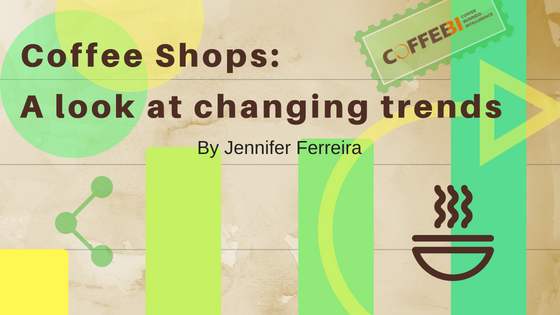Before coronavirus hit, the UK had a thriving coffee shop culture, with around 26,000 coffee shops across the country. But by the end of March 2020, many coffee shops were closed, or only open for takeaway. Up to 92% of coffee shops are estimated to have closed at some point during the lockdown, as it was not viable, or possible,
The United Kingdom: coffee, coronavirus and the uncertain future of high street cafe culture










